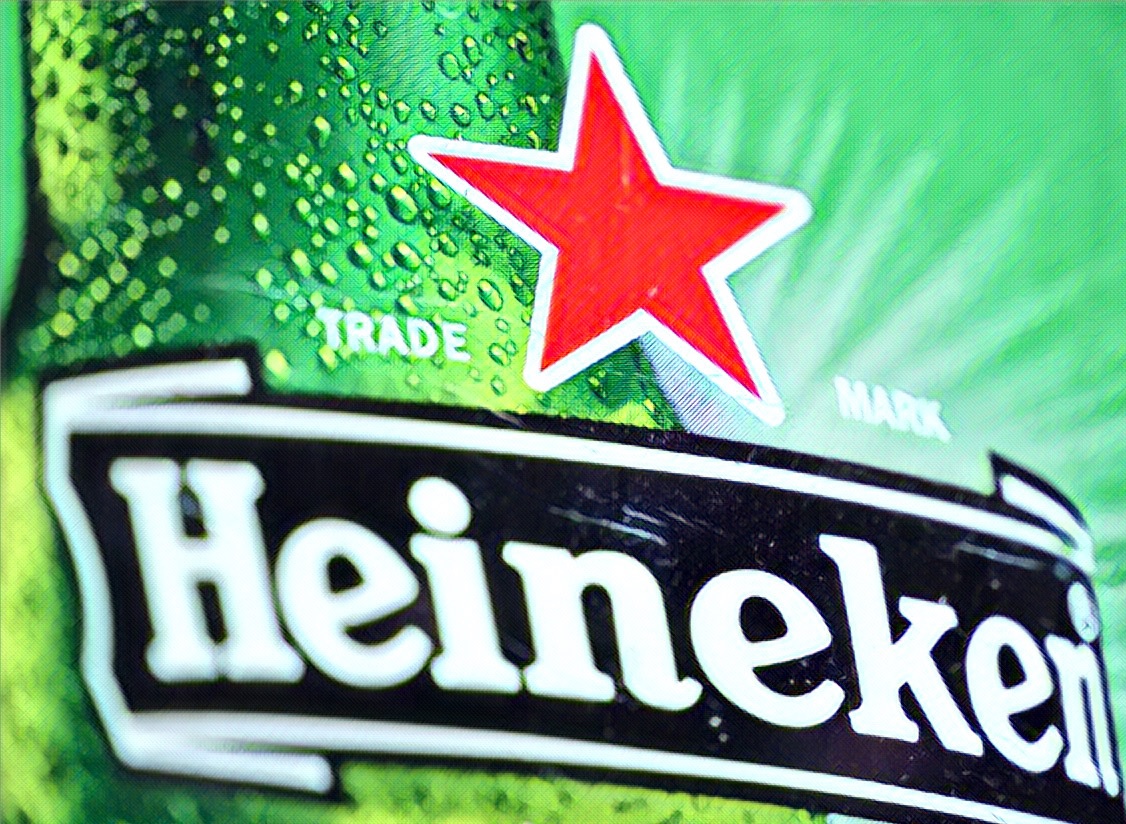Heineken, the world’s second-largest brewer, has reported a drop in beer sales in Nigeria and South Africa in the third quarter of 2023, blaming high inflation and currency devaluation in these markets.
The company said its global beer volumes fell by 4.2% in July-September, with declines in all regions except the Americas. However, Heineken boosted its net revenue before one-time items by 4.5%, thanks to higher prices.
According to Nairametrics, Heineken’s net revenue in Nigeria grew by a single, low digit, driven by pricing to mitigate significant inflation and currency devaluation partially. However, total volume declined in the twenties, behind the market.
“Consumers’ purchasing power continued to be under severe pressure due to inflation and the impact of structural economic reforms, affecting our premium portfolio disproportionately,” Heineken said in a statement.
In South Africa, Heineken’s beer volumes fell by double digits as the country grappled with a severe cost-of-living crisis. The brewer reported that the decline in sales in Africa weighed on their overall regional results, as beer volume in Africa, the Middle East, and Eastern Europe fell in the third quarter.
Despite the challenges, Heineken reaffirmed its previous projection for 2023, expecting operating profit growth to range from zero to a mid-single-digit percentage increase.
The African beer market faces several headwinds, including high inflation, currency devaluation, and rising energy costs. These factors make beer less affordable by putting pressure on consumers’ disposable incomes.
In the first half of this year, three major brewers in Nigeria posted losses as their borrowing costs soared due to rising interest rates and the naira devaluation. Nigerian Breweries Plc, International Breweries Plc, and Guinness Nigeria Plc suffered a combined loss of N89.4 billion in H1 2023, compared to a profit of N34.7 billion in the same period last year, BusinessDay reported.
Heineken is not the only global brewer facing difficulties in Africa. AB InBev, the world’s largest brewer, reported lower sales volumes in South Africa and Nigeria in its third-quarter results. The company said it was taking actions to improve its performance in these markets, such as increasing local sourcing and investing in capacity and innovation.
Despite the current challenges, Africa remains an attractive market for beer producers, with a large and young population, a growing middle class, and a low per capita beer consumption compared to other regions. The IWSR reports that cider in Africa has grown by 22% between 2014 and 2018. The expansion in beer production in Africa is predicted to help fuel a 12% rise in beer volumes by 2023.
Heineken said it was confident that its long-term strategy of premiumization and diversification would pay off in Africa. The company has been expanding its portfolio of brands and products in the continent, including Heineken 0.0 (a non-alcoholic beer), Desperados (a tequila-flavored beer), and Pure Piraña (a hard seltzer).
The company also said it was committed to supporting its communities and African stakeholders amid the challenging environment. Heineken has been investing in local sourcing of raw materials, creating jobs and skills development opportunities, promoting responsible consumption of alcohol, and reducing its environmental impact.
Source: Nairametrics


